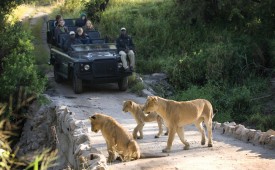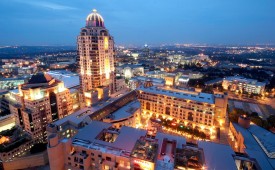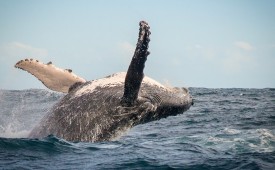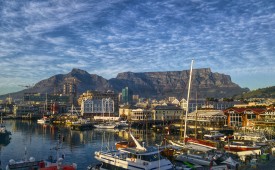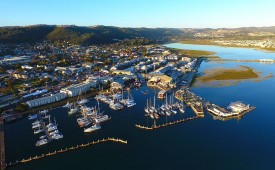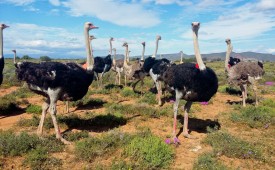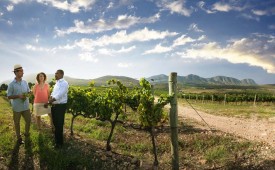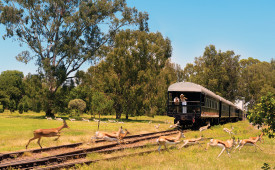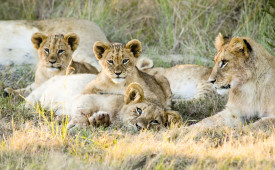-
Latin America
Latin America
- Countries (hidden space)
- Galapagos & Ecuador
- Guatemala
- Mexico
- Panama
- Peru
- Popular Attractions
- Machu Picchu
- Inca Trail
- Easter Island
- Galapagos Islands
- Patagonia
- Rio de Janeiro
- Iguazu Falls
-
Africa
Africa
- Spacer Africa
- South Africa
- Zimbabwe
- Popular Attractions
- Cape Town
- Okavango Delta
- Sossusvlei Dunes
- Victoria Falls
- The Kruger
- The Garden Route
- Masai Mara
-
Asia & Middle East
Asia & Middle East
- Asia
- Borneo (Malaysia)
- Cambodia
- India
- Japan
- Middle East
- Jordan
- Spacer Asia
- Laos
- Sri Lanka
- Uzbekistan
- Vietnam
- Popular Attractions
- Taj Mahal
- Lion Rock (Sigiriya)
- Angkor Wat
- Ha Long Bay
- Kyoto
- Petra
-
Destinations
- Latin America
- Argentina
- Bolivia
- Brazil
- Chile
- Colombia
- Costa Rica
- Galapagos & Ecuador
- Guatemala
- Mexico
- Panama
- Peru
- Asia
- Borneo (Malaysia)
- Cambodia
- India
- Japan
- Laos
- Sri Lanka
- Uzbekistan
- Vietnam
- Middle East
- Jordan
- Southern & East Africa
- Botswana
- Kenya
- Namibia
- South Africa
- Zimbabwe
- Contact Us
-
About
About
Llama Travel provides high quality holidays at the lowest possible prices.
99% recommend us Lower prices - guaranteed Financially protected by ATOL
Travelling to South Africa
Travelling in South Africa
-
Money
The currency in South Africa is the Rand. Credit and debit cards can be used in many shops and restaurants, and can also be used to withdraw money from cash machines.
It is always recommended to inform your bank that you are travelling abroad and to which countries. This will allow them to authorise money withdrawals from your account when you are away. Some banks say that this is not necessary, however we would still recommend contact with your bank as in some cases people have had difficulty in withdrawing currency.
-
Tipping
Tipping in South Africa is standard practice. Wages are low so many people depend on tips to make up the shortfall in their earnings. Restaurant staff are used to receiving 10-15% of the total bill. In cities, you can tip your cab driver by rounding up to the nearest ten (although use your discretion regarding distance, time of day etc), and the norm for hotel porters is around R15-20. Whilst on safari, it is recommended to tip guides and drivers R200 per person per day and general lodge staff R120 shared between them per day.
-
Budgeting for your stay
All hotels include breakfast, and other meals are included on some tours and excursions. However, generally, you will need to arrange your own lunches and dinners. We recommend budgeting approximately £15-20 for a three-course meal, £10 for a good bottle of wine, £2 for a beer or soft drink and £1 for a big bottle of water. There are many upmarket restaurants, particularly in the Winelands, where you should expect to pay up to £50 per person, or possibly more. As a wine-producing country, South Africa’s wine is particularly good value and you may want to purchase a few good bottles for your return.
Throughout South Africa there are opportunities to shop for souvenirs and we advise setting aside some of your budget for this purpose. Credit cards are accepted in most places although Amex has more limited use.
-
Food
It is difficult to pinpoint South African cuisine as much of the food culture e.g. a classic braai (barbeque) is an attitude or spirit rather than a specific dish. South Africans love meat and while good vegetarian options are abundant in the cities and upmarket lodges, in rural areas the choices will be more limited.
Different parts of the country have different culinary influences but between the Indian and Malay heritage, curry - in various forms - is a common sight on menus.
In Cape Town, the Waterfront and City Bowl are a hub for eating out, with a range of restaurants from fine dining options and steak houses to pizza joints. Seafood and sushi are particularly good as the ingredients are so fresh. Cape Town fish ‘n chips is known to give the British classic a real run for its money. Seafood is also an excellent option on the Garden Route.
In Johannesburg, the restaurant scene is buzzing although only a few areas offer sidewalk dining, with most restaurants situated within shopping mall complexes.
Meals in the Kruger lodges are included and are served in the restaurant, which overlooks the African bush and often has outdoor seating.
-
What to pack - South Africa
South Africa is a relatively dry country with sunny days and cooler nights, although it does experience a diversity of changes in climate. Most of the country experiences summer rainfall (December to February), except for the Western Cape, which has rainfall during the winter months (June to August).
During the day it is generally hot, so you should pack lightweight loose-fitting clothes in natural fabrics, such as linen or cotton. Long sleeved shirts and long trousers will protect you against mosquitoes at night. In the winter it gets chilly, so you should pack a warm jacket for morning game drives.
Electrical sockets in South Africa are 230 Volts. Sockets fit plugs with three round pins.
We recommend you carry a copy of your passport with you at all times.
Please bring any medication you may require from the UK.
If you are flying via Johannesburg, there are strict regulations regarding luggage. Bags must have at least one flat surface, so round/irregular-shaped bags, or bags with long straps will not be accepted.

